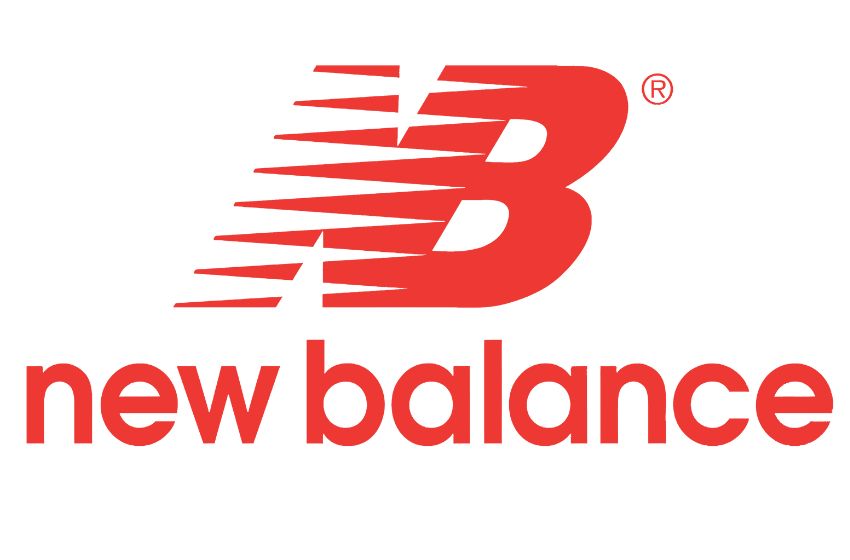
Administrators and students at business schools say that while it’s important to take time to properly research a program prior to applying, MBA applicants should make other key moves during the admissions process to demonstrate that they’re a good fit.
Be Authentic
“The biggest piece of advice that we always give candidates is to be themselves,” says Rebecca Mallen-Churchill, senior director of recruitment, admission and financial services for graduate programs at the Arizona State University W. P. Carey School of Business.
That includes being honest with yourself and understanding your own story of why you want to earn an MBA, she says.
“Sometimes if you’re not even sure why you want to do an MBA, that will come across to the admissions committee,” she says. If you aren’t genuine, she adds, you risk matching with a school that might not be a good cultural match and you won’t enjoy your time there.
Jim Holmen, director of admissions and financial aid at Indiana University’s Kelley School of Business, stresses the value of keeping it real.
“The degree to which the candidate really just is vulnerable and authentic and allows us to get to know them helps quite a bit,” he says, “as opposed to someone who is so measured or calculated and is trying hard to deliver what they imagine a business school admissions committee would want to hear or read.”
Be Confident
Persuading a B-school to admit you is also about being confident and being able to sell yourself, says Matt Sherman, an MBA student at Drexel University’s LeBow College of Business in Pennsylvania.
“Just be confident, be relaxed, especially in the interview process, because they don’t want to see someone who’s nervous, trying to speak quickly,” he says. “Staying poised is what you really want to do.”
Although you want to be on the formal side, almost treat the interview as if you’re talking to a friend, Sherman advises. Admissions officers already know an applicant’s academic accomplishments, and they’re trying to see if he or she would be a positive fit at their school.
“To convince an MBA program that you’re a good fit is the same way that you would try to convince a standard undergrad college recruiter that you’re a good fit,” he says.
Show the Degree’s Relevance
The MBA degree should connect with how you want to leverage the education for your professional growth. If what you tell the school in your application and essay isn’t in line with the degree outcomes, a different degree might be better for you, says Stavrula Katsirmas, the associate director of integrated student experience and retention at LeBow.
“I’ll try to discuss with them what their goals are, and maybe suggest an alternative degree if there is one within our university that will align with their goals,” she says. “Sometimes applicants feel that the MBA is the catch-all degree or it’s just a default if they aren’t sure what they want to do, but an MBA should be used to leverage existing professional experience to get somebody where they want to be.”
“Most importantly, prospective students should research the program that they’re interested in and know about the program, curriculum options and how it’s going to help them achieve their academic and career goals,” Katsirmas says.
In addition to basic research like sifting through a college’s website, it’s beneficial to connect with a few current students or alumni to learn more about their experiences and what they liked and disliked about the program, Holmen says.







